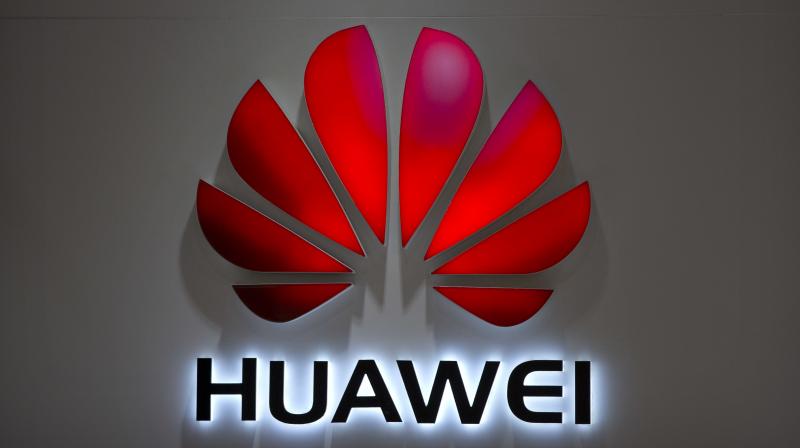Huawei CFO Meng case: What happens next

The US Justice Department said on Tuesday it will pursue the extradition of Huawei Technologies Co Ltd’s Chief Financial Officer Meng Wanzhou, arrested in Canada in December on allegations she participated in a conspiracy to defraud banks.
Meng, 46, is due to reappear in a Vancouver court on Feb. 6 to set further court dates. Her Dec. 1 arrest sparked a diplomatic row between Canada and China. China has since arrested and detained two Canadian citizens and sentenced another, a convicted drug smuggler, to death.
WHAT IS THE EXTRADITION PROCESS IN CANADA?
The process begins with a provisional warrant from a country Canada has an extradition agreement with, like the one with which the United States authorities requested Meng’s arrest.
The requesting country has 60 days from the initial arrest to make a formal extradition request. Canada’s new Justice Minister David Lametti, appointed last week in a cabinet shuffle, will then have 30 days from receipt of the request to decide whether to issue an authority to proceed. If he grants it, as expected, Meng’s case would be sent to the British Columbia Supreme Court for an extradition hearing.
WHAT HAPPENS NEXT?
The hearing can take weeks or months. The judge will determine whether the case meets a prima facie standard, meaning a judge or jury hearing and believing the evidence would be enough for a conviction.
If a judge decides the US evidence is strong enough, they will issue a committal order effectively recommending extradition to the Justice Minister.
The Canadian Justice Minister decides whether to issue the surrender order that would extradite Meng to the United States.
There are avenues for Meng to contest either a committal order from a judge or a surrender order from the minister, which could stretch her case out for years, lawyers told Reuters.
COULD THE NEW CANADIAN MINISTER ASK FOR EXTRA TIME?
“When there’s a deadline, generally speaking, the minister doesn’t have any power to get an extension,” said Vancouver-based lawyer Brock Martland, adding that the minister would likely want to go by the book in this highly scrutinized case.
WHAT DOES THE JUSTICE MINISTER TAKE INTO CONSIDERATION?
Legal factors loom large, said Martland, but so do political and humanitarian ones, such as if a wanted person is elderly and may not fare well in a US jail. Those circumstances do not arise commonly, he added.
There tends to be a strong sense of obligation to an extradition partner, Martland said.
“But I think there are cases where the minister is maybe concerned about whether the process has been compromised or the fairness of the process isn’t what it should be.”
US President Donald Trump told Reuters in December he would intervene in Meng’s case if it would serve trade or security interests.
“If time marches on and more things are said and it becomes clear this isn’t a meritorious prosecution they’re running ... that could lead the minister to say, ‘At the end of the day, I’m not prepared to order surrender, here’,” Martland said.
HOW DO US AUTHORITIES ARRANGE ARRESTS IN FOREIGN COUNTRIES?
Federal and state prosecutors in the United States cannot simply ask that foreign counterparts arrest and turn over an individual. Such requests must be made through the US Department of Justice’s Office of International Affairs (OIA).
The OIA maintains lines of communication with authorities in other countries and is responsible for the next steps leading to an arrest and an extradition.
